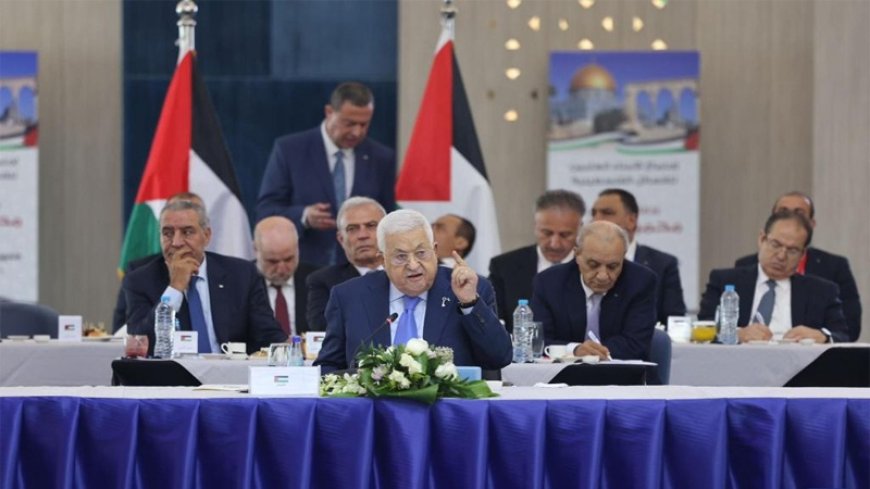Examining the Dual Objectives of Mahmoud Abbas' Visit to Egypt
Examining the Dual Objectives of Mahmoud Abbas' Visit to Egypt

The head of the Palestinian Authority left for Egypt to participate in a meeting of the secretaries general of the Palestinian group. Upon arrival in Egypt, Mahmoud Abbas had a meeting with the head of the country's intelligence services, and he is also scheduled to meet with the President of Egypt, Abdel Fattah el-Sisi. Abbas's visit to Egypt is important to observe from two sides. First, regarding the meeting of Abbas with Egyptian officials. Mahmoud Abbas yesterday met with the Head of the Egyptian Intelligence Service, Abbas Kamel, and it is planned that Monday (31/7/2023) he will meet with President el-Sisi.
This meeting is important given Egypt's role in the internal transformation of Palestine and also the conflict between Palestine and the Israeli Zionist regime. Mahmoud Abbas Egypt until recently in addition to being a meeting place for various Palestinian officials, and also playing a mediating role between them, Cairo also repeatedly became a mediator between Israel and Palestine. Given the escalation of tension and conflict between Palestine and the Zionists, Abbas's meeting with Egyptian officials could again open up Cairo's mediating role in this conflict. The second dimension of the urgency of Mahmoud Abbas's visit to Cairo relates to the meeting of the secretaries general of the Palestinian group which was held starting yesterday under Abbas's supervision.
Mahmoud Abbas last July 10 invited the secretaries general of the Palestinian group to participate in a meeting to be held in Egypt. However, the meeting of the secretaries general of various Palestinian factions was held under the shadow of a boycott by three groups including the Palestinian Islamic Jihad in the Egyptian city of El Alamein. Palestinian Islamic Jihad, People's Front for the Liberation of Palestine and Al-Ṣāʿiqah Movement. The main reason for the absence of these groups is related to the Palestinian Authority's refusal to release political prisoners. Recently, instead of praising the Palestinian resistance groups for their resistance to the crimes of the occupying Quds regime, the Authority has arrested a large number of members of this group, which has been heavily criticized by the Palestinian resistance groups. In this regard, Khidr Habib, one of the leaders of the Islamic Jihad movement, said that the Islamic Jihad Movement holds the Palestinian Authority responsible for the failure of this meeting, which has been branded a failure from the start.
Because before the meeting started, the Palestinian Authority insisted on continuing political arrests, arresting resistance fighters and mujahideen among the Palestinian people, and continuing the persecution of the people. The group did not participate in the meeting of the resistance group's general secretary in Egypt because of the Palestinian Authority's opposition to the release of political prisoners. Louay al-Qaryuti, member of the Political Bureau of the People's Front for the Liberation of Palestine also stressed that the group demanded the release of political prisoners and fighters for the success of the Cairo summit, where these fighters were held in prisons of the Ramallah Authority in the West Bank. He added that, given that the Ramallah Authority opposed this request, the Popular Front for the Liberation of Palestine also decided to be absent from the Cairo meeting. The absence of several Palestinian factions at the Cairo meeting and criticism of the Ramallah Authority's approach to Islamic Jihad, indicated that the Egyptian meeting was unable to raise Mahmoud Abbas' vulnerable and precarious position in Palestine, including in the West Bank of the Jordan River. (MF)













































